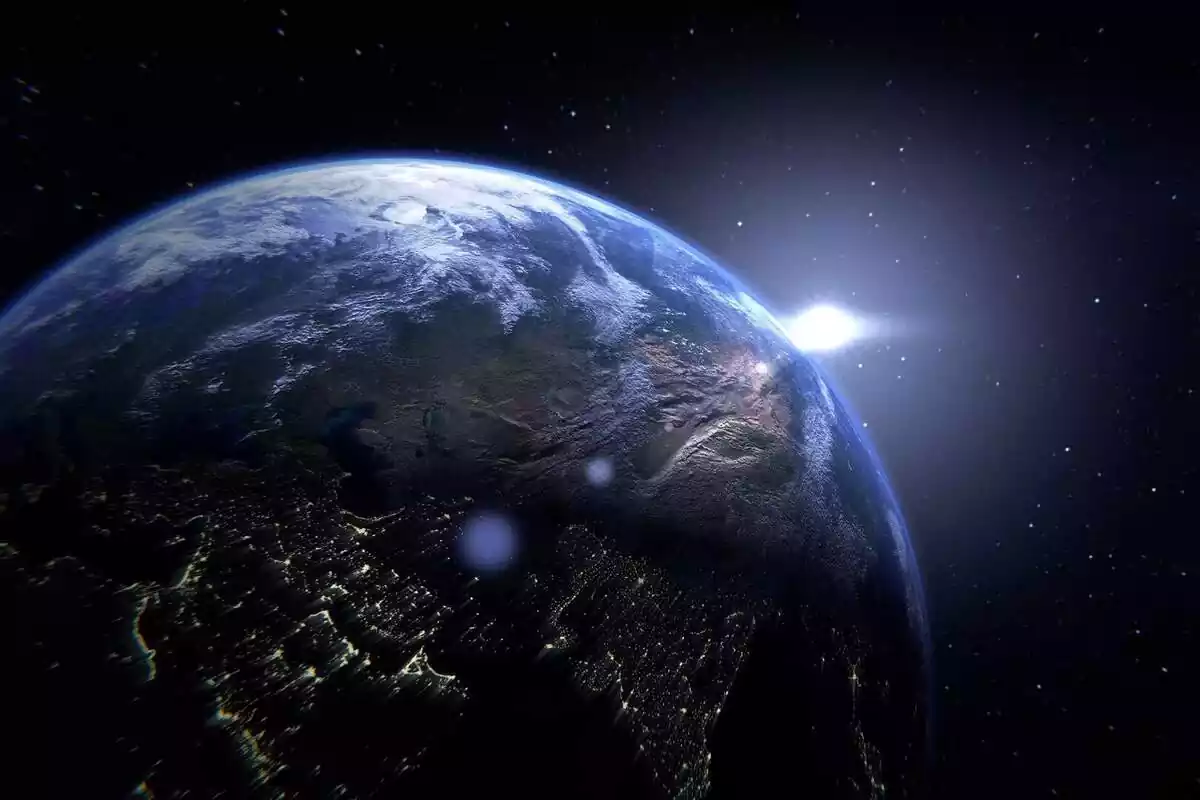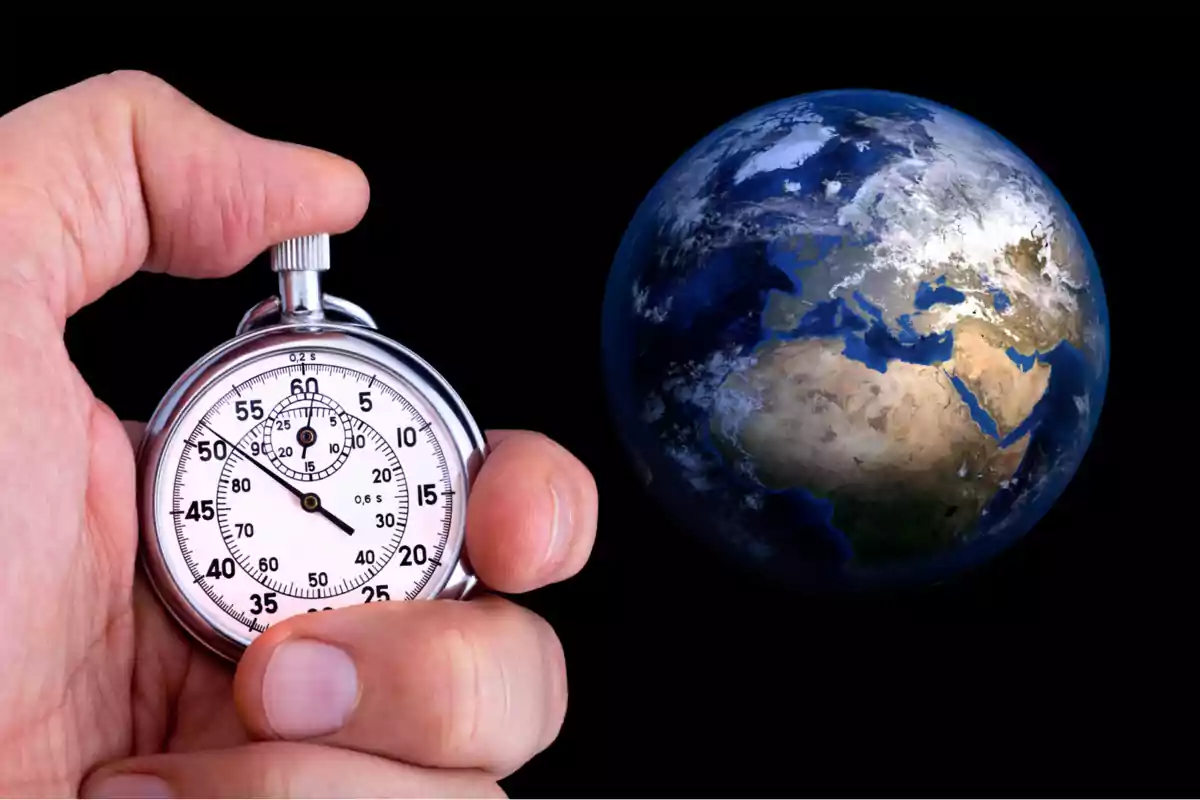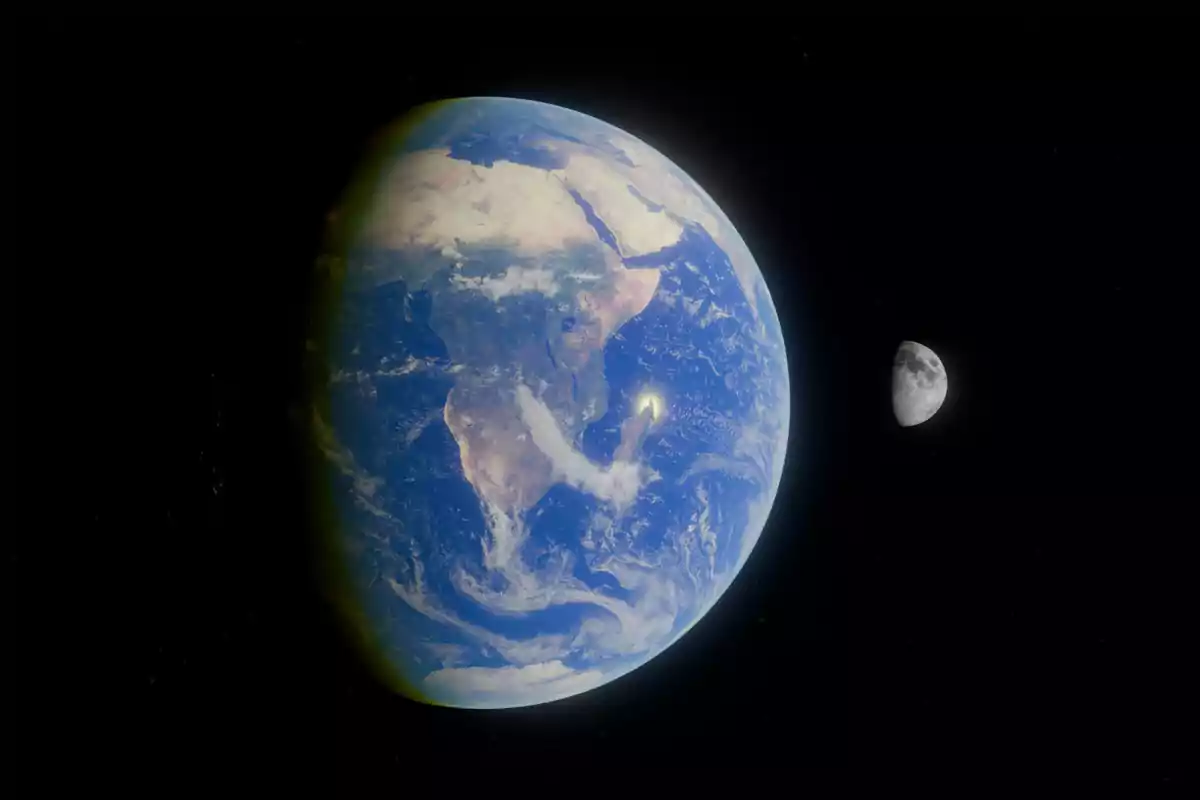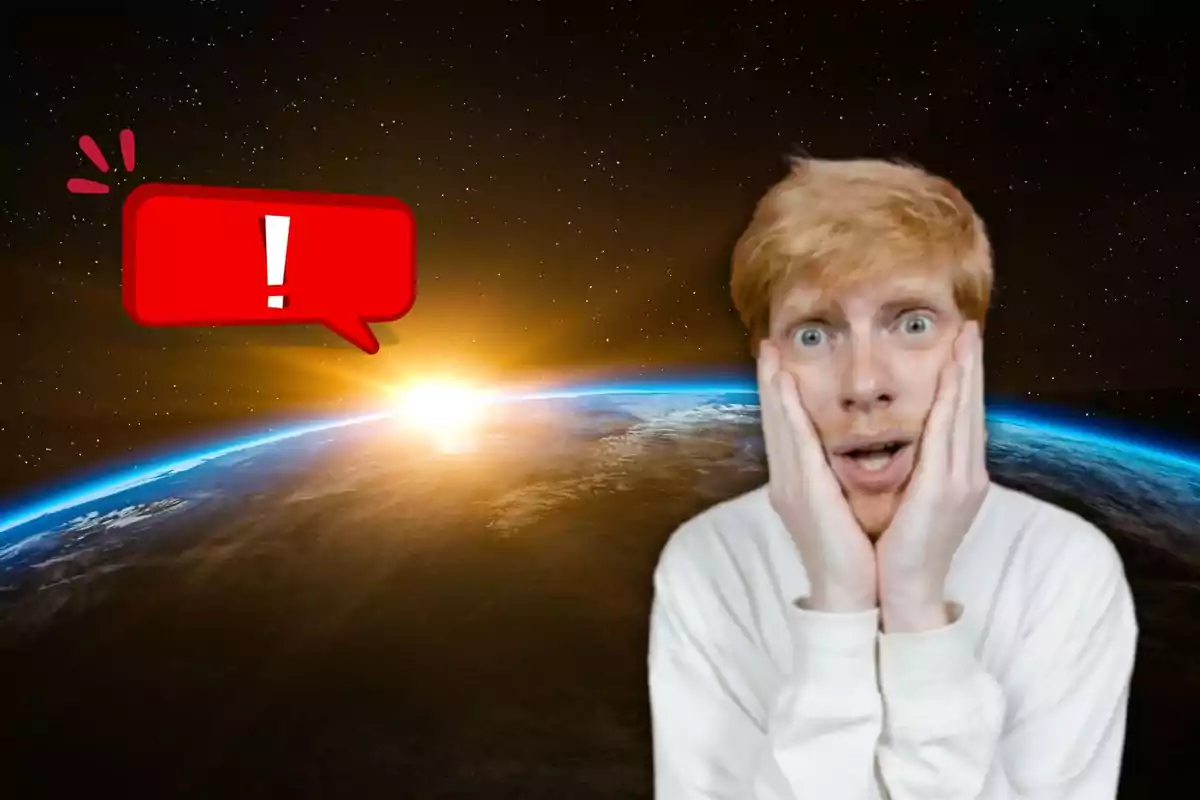Scientists have confirmed that Earth is showing unusual behavior. Although the planet has experienced multiple changes throughout its history, what is happening now has puzzled even experts. This is not a simple temporary anomaly, but rather a phenomenon that could alter our relationship with time.
According to the latest measurements, days have shortened in a way that is imperceptible to humans but evident to atomic clocks. Earth is spinning faster than usual and nobody has been able to explain with certainty why. This finding has reignited the scientific debate about the internal and external forces that influence the planet's rotation.

Earth accelerates: days are becoming shorter
Until now, it had been assumed that Earth's rotation was gradually slowing down. That trend, mainly attributed to the Moon's gravitational influence, had been the norm for centuries. However, the most recent data have revealed the opposite, since on July 9 and 22 the length of the day was slightly less than 24 hours.
On August 5, the solar day lasted 0.000049 in. (1.25 milliseconds) less than usual. It may seem like a minor difference, but it has very serious implications for time measurement and the synchronization of global systems. Since 1973, when precise records began, a sustained variation like this had not been observed.

What is causing this change in rotation?
The phenomenon has been attributed, in part, to the behavior of Earth's inner core. Some theories suggest that its rotation could be slowing down, which would alter the balance of the rest of the planet. Other hypotheses point to possible links with polar ice melt or the large-scale redistribution of masses.
In addition, the Moon's position also influences this process at specific times. Its declination relative to Earth's equator modifies tidal forces, causing temporary accelerations or decelerations. However, these fluctuations do not explain the general pattern of shortening detected in recent years.

Science prepares to manage the unprecedented phenomenon
Researchers have warned that, if the trend continues, it will be necessary to subtract one second from the world clock in 2029. This adjustment, known as a negative leap second, has never been implemented before. Until now, all adjustments had added time to compensate for Earth's slowing, not the opposite.
Although the practical impact is minimal for now, the phenomenon raises deep questions about our planet's balance. Are we facing a one-time change or a new long-term behavior of Earth? While the scientific community continues to investigate, it is becoming increasingly clear that something strange is happening and we can't ignore it.

